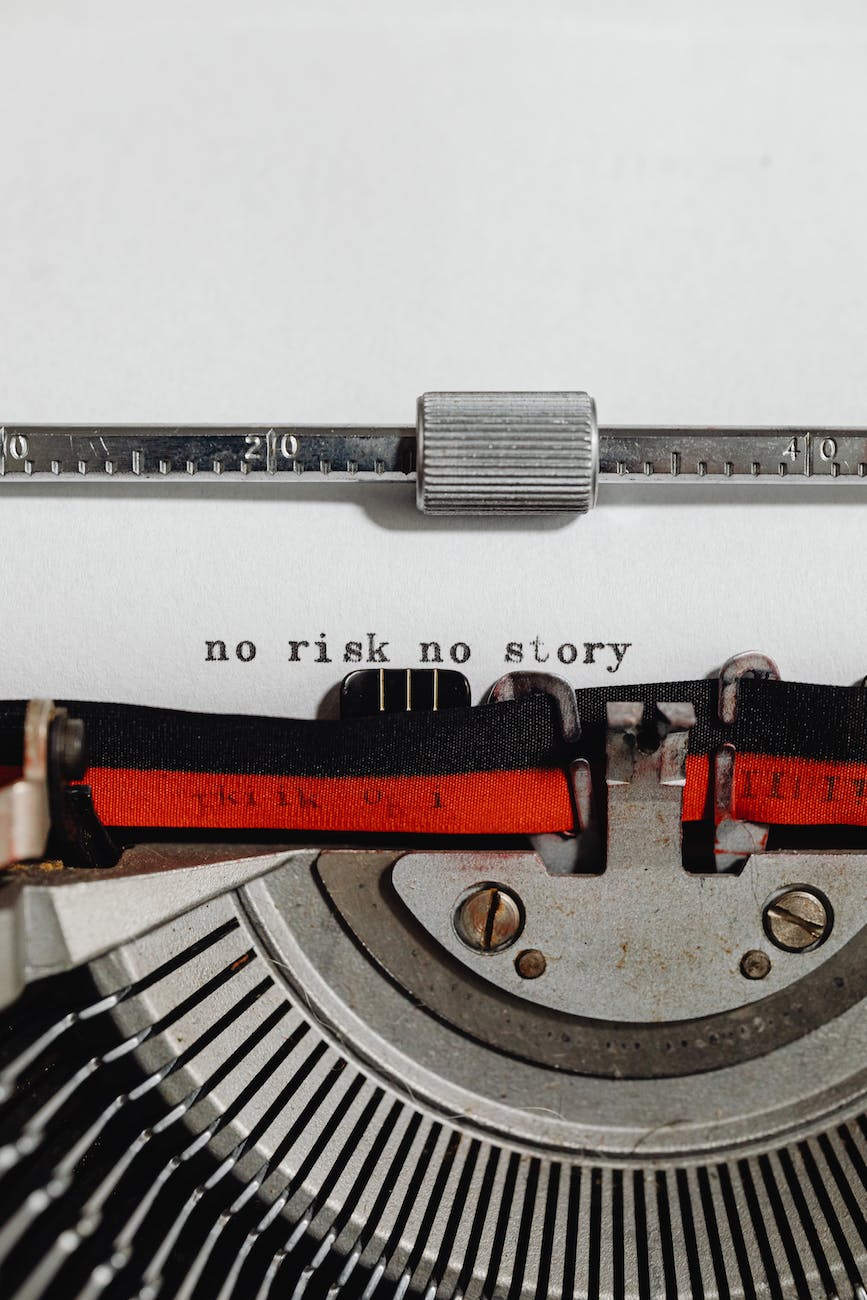My husband Dave parked in front of the church. I was happy to see that the front door was wide open. One of my post-operative restrictions, of which there are quite a few, is to avoid lifting more than 10 pounds, which at the last minute was explained to me as 10 pounds, both arms, not each arm; per arm it’s about five pounds. The front door—one of a pair that fill in an arch—is solid wood with iron bands, oversized, and tends to stick. I maneuvered out of the back seat (no sitting in a vehicle’s front seat for a month, for airbag-avoidance reasons), while Dave ran up the stone stairs (I’m not supposed to hop up staircases, either) and opened the interior door, which isn’t as heavy as the first but is still substantial.
The church’s interior was beyond familiar, but it struck me almost as sharply as it had when I’d come for my audition three years before. Thick patterned rugs in the vestibule, creaky floors, dark wood, a long table stocked with cups, coffee urns and flowers, sage green carpet in the back halls, photographs of clergy covering the walls, and drips of candle wax all over the place.
I headed to the choir vesting room, happy to be back.
The postop restriction that I like the least is a prohibition on playing/practicing musical instruments for a couple of months. Once the ban expires, I’m going to need practice, lots of it. I canceled my instrumental performing engagements for the spring when it became clear I’d need a big surgery. Practice is essential to get me ready to play again. Besides which, without checking in with my instruments I feel…weird. I haven’t taken that much time off of them since I was five years old.
I’m no saint when it comes to practicing. Musicians stress its importance; so do people in a lot of other professions. I wholeheartedly agree—in theory. Publilius Syrus, a Roman writer who had a knack for turning a phrase, wrote “Practice is the best of all instructors.” Sure, that’s true.
Still, I remember a conversation that I had during my teenage years with someone’s mom. She said, “My boy would practice even if he didn’t have anywhere to play. Just him and the piano. I’m sure you’re like that, too.”
Nope! I felt guilty about it for years, but that person, motivated by sheer love to master an instrument, wasn’t me. Without other musicians to play with, or an audience to play for, the younger me would have dropped practice in a heartbeat. It took a long while to appreciate the beauty of technical exercises, the scales and long tones and etudes done with the metronome clicking in the background. The kind of thing band directors wanted us students to document on our practice cards.
I wanted to spend my time playing my favorite songs, the ones I’d already mastered, and also the hard parts in my music that annoyed me by being just out of reach. I hoped that my fingers would somehow master scales and other building blocks without much work. Therefore I lied weekly on my practice cards from the fifth to the twelfth grades, and my mother—who must have known that I was lying, but who had her own ambivalent history with practicing—signed them without protest or inquiry.
I’ll admit I felt a little worried by the no-instruments restriction. It’s taken a lot of experience and years to get myself into a proper practicing habit. I worried that various stuff would start going sour. I once read a guide that insisted that practicing regularly would lead to lots of other things going right with my life. That turned out to be true, although I was biased in favor of finding the truth. It turns out that bumping to the edge of my abilities and then trying again the next day is a good thing.
I’m lucky to have my voice as an instrument. I’d croaked through some warmups earlier in the week and arranged Maundy Thursday (a Holy Week service involving foot-washing) as my return to choir. My voice was still a bit froggy and soft, but the notes were there, nonetheless. People said hi, glad to see you. The warmup started. The music wrapped around me like a heated blanket. For the next hour I cherished the pew beneath me, the sitting and standing, the sound of the pitch pipe, the scent of wax, the scratchy choir robe, and the notes on the page.
Charlie Parker said, “You’ve got to learn your instrument. Then you practice practice practice…then when you get up on the bandstand forget all that and just wail.” And that’s exactly what I did, wailing these ancient songs until the lights were dimmed and the candles snuffed.



